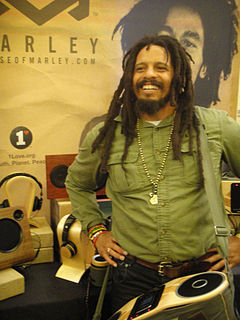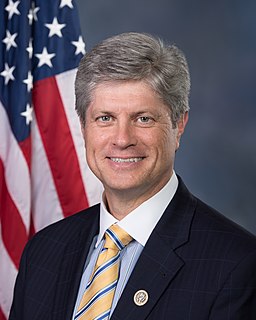A Quote by Alan Greenspan
Given our inevitably incomplete knowledge about key structural aspects of our ever-changing economy and the sometimes asymmetric costs or benefits of particular outcomes, a central bank... need to consider not only the most likely future path for the economy but also the distribution of possible outcomes about that path. They then need to reach a judgment about the probabilities, costs, and benefits of the various possible outcomes under alternative choices for policy.
Quote Topics
About
Also
Alternative
Aspects
Bank
Benefits
Central
Central Bank
Changing
Choices
Consider
Costs
Distribution
Economy
Ever
Ever-Changing
Future
Given
Incomplete
Incomplete Knowledge
Inevitably
Judgment
Key
Knowledge
Likely
Most
Need
Only
Our
Outcomes
Particular
Path
Policy
Possible
Reach
Sometimes
Structural
Then
Various
Related Quotes
Accurate processing of information about outcomes is no simple task under the variable conditions of everyday life . . . usually, many factors enter into determining what effects, if any, given actions will have, Actions, therefore, produce outcomes probabilistically rather than certainly. Depending on the particular conjunction of factors, the same course of action may produce given outcomes regularly, occasionally, or only infrequently
Two types of choices seem to me to have been crucial in tipping the outcomes [of the various societies' histories] towards success or failure: long-term planning and willingness to reconsider core values. On reflection we can also recognize the crucial role of these same two choices for the outcomes of our individual lives.
Expected outcomes contribute to motivation independently of self-efficacy beliefs when outcomes are not completely controlled by quality of performance. This occurs when extraneous factors also affect outcomes, or outcomes are socially tied to a minimum level of performance so that some variations in quality of performance above and below the standard do not produce differential outcomes
Whether we're talking about the New Deal or the Great Society: they didn't come about because they wanted to buy people off with "hush money." They were the outcomes of struggles. They were the outcomes, in the 1930s, of a viable socialist-communist movement. They were the outcomes of a viable workers' movement. FDR didn't give in because he wanted to shut people up, he gave in because he was under pressure. He had no choice.




































